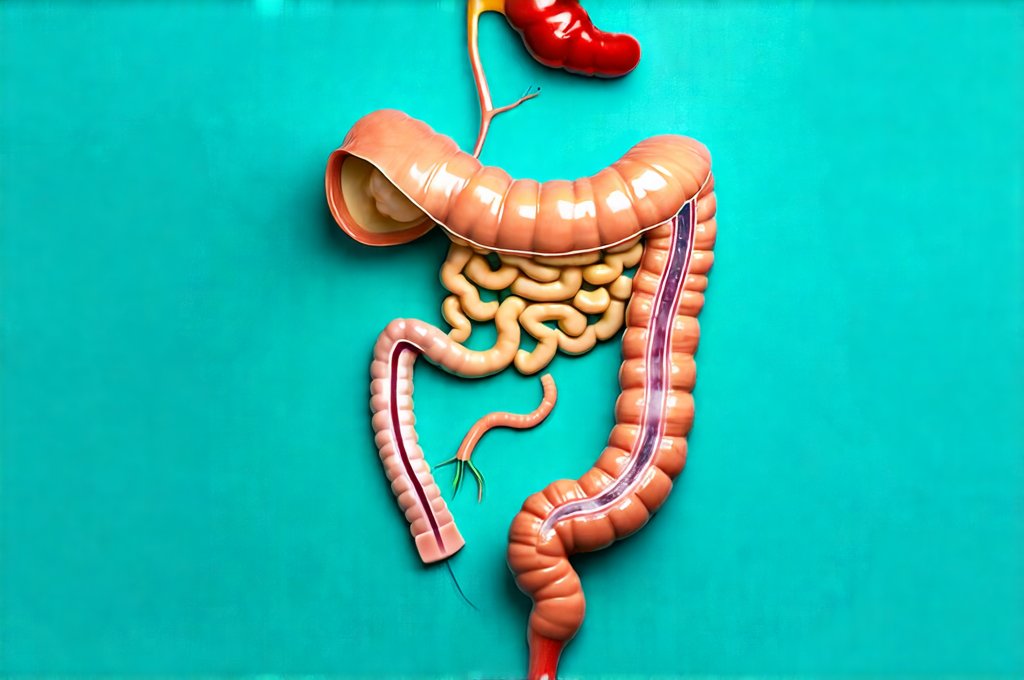Digestion is often taken for granted until something goes wrong. We assume our bodies effortlessly break down food, absorb nutrients, and eliminate waste. However, this complex process relies on a delicate interplay of enzymes, gut bacteria, and, crucially, hormones. These hormonal signals orchestrate everything from stomach acid production to intestinal motility, ensuring efficient digestion and nutrient absorption. When these hormones become imbalanced – due to stress, poor diet, chronic illness, or other factors – it can manifest as a wide range of seemingly unrelated symptoms that are often difficult to diagnose with standard testing. Many individuals struggle for years with digestive complaints dismissed as IBS, food sensitivities, or simply “stress,” without ever realizing the root cause may lie in hormonal dysregulation.
Understanding the role of digestive hormones is key to unlocking better gut health and overall wellbeing. It’s not just about what you eat; it’s about how your body processes it. Hormones like gastrin, secretin, cholecystokinin (CCK), motilin, and ghrelin all play distinct roles in this intricate system. A comprehensive digestive hormone panel isn’t a routine test offered by most conventional practitioners, but increasingly recognizing the signs that warrant one can be transformative for individuals experiencing persistent digestive issues. Identifying imbalances allows for targeted interventions – dietary changes, stress management techniques, or even specific supplementation – to restore hormonal harmony and alleviate symptoms. This approach moves beyond symptom management towards addressing the underlying causes of digestive distress.
Recognizing the Need for a Deeper Dive: Common Signs & Symptoms
Digestive hormone panels are most beneficial when investigating chronic or complex digestive issues that haven’t responded to conventional treatments. It’s not necessarily about acute, short-lived digestive upset; it’s about patterns and persistent problems. Several key indicators suggest a hormonal component might be at play. One of the most common is delayed gastric emptying – feeling full quickly, experiencing bloating for extended periods after meals, or even nausea without vomiting. This can indicate insufficient gastrin production, which stimulates stomach acid and motility. Similarly, chronic diarrhea or constipation that doesn’t fit neatly into a diagnosed condition warrants investigation. These symptoms aren’t simply “nervous tummy” or IBS; they could be signals of imbalances in hormones regulating intestinal movement like motilin or CCK.
Beyond the gut itself, systemic symptoms can also point to digestive hormone dysregulation. Fatigue, even after adequate sleep, is a frequent complaint. Poor nutrient absorption due to hormonal imbalances leads to deficiencies that directly impact energy levels. Skin problems, such as eczema or acne, and mood disturbances like anxiety or depression are also frequently linked to gut health and the hormones influencing it. The gut-brain axis is incredibly strong, and digestive hormone imbalance can directly affect neurotransmitter production. Finally, unexplained weight changes – both difficulty losing weight and unintentional weight loss – can be a sign of hormonal disruption affecting appetite regulation and nutrient metabolism. Understanding stool signs during routine checks is also important.
Understanding the Hormones Involved & Their Roles
The digestive process isn’t simply mechanical; it’s a carefully orchestrated chemical conversation mediated by hormones. Gastrin, secreted by cells in the stomach, stimulates acid production and gastric motility. Secretin, released by the duodenum, signals the pancreas to release bicarbonate to neutralize stomach acid, and also inhibits gastric emptying. Cholecystokinin (CCK), produced in the small intestine, triggers the gallbladder to contract and release bile for fat digestion, while simultaneously slowing down gastric emptying. Motilin regulates intestinal peristalsis – the wave-like contractions that move food along the digestive tract – and is often reduced in individuals with delayed motility. Ghrelin, famously known as the “hunger hormone,” plays a role in appetite stimulation but also influences gastric secretion and motility.
These hormones don’t operate in isolation; they interact with each other and are influenced by factors like stress, sleep, and dietary choices. For example, chronic stress can suppress gastrin production, leading to low stomach acid and impaired digestion. A diet high in processed foods and lacking in fiber can disrupt the delicate balance of gut bacteria, impacting hormone production and regulation. Identifying which hormones are imbalanced requires specific testing – a digestive hormone panel – that goes beyond standard blood tests. These panels typically involve collecting stool samples at various times throughout the day to assess hormone levels accurately reflecting their fluctuations during digestion. Considering digestive investigations can also be helpful.
When to Consider Testing: Specific Scenarios
A digestive hormone panel isn’t always necessary, but certain scenarios strongly suggest it could be beneficial. Firstly, individuals diagnosed with functional dyspepsia – chronic indigestion without a clear organic cause – should consider testing. This diagnosis often represents an incomplete understanding of the underlying issue, and hormonal imbalance is frequently overlooked. Secondly, those experiencing significant bloating or gas that isn’t relieved by dietary changes or probiotic supplementation may benefit from identifying hormone imbalances affecting gut motility and fermentation.
Secondly, persistent symptoms despite following elimination diets or allergy testing indicate a need to look beyond food sensitivities. While food intolerances can contribute to digestive distress, they aren’t always the primary driver. Hormonal issues can mimic food sensitivity symptoms, leading to unnecessary dietary restrictions. Finally, individuals with diagnosed conditions like SIBO (Small Intestinal Bacterial Overgrowth) should explore hormonal factors as a potential contributing factor, as impaired motility – often linked to hormonal imbalance – is a major driver of SIBO recurrence. Addressing the underlying hormonal issues can improve long-term outcomes. It’s also important to understand how gut microbiome impacts digestion.
Interpreting Results & Potential Interventions
A digestive hormone panel provides valuable data, but it’s crucial to interpret results with a knowledgeable healthcare practitioner specializing in functional medicine or integrative gastroenterology. The goal isn’t simply to “fix” hormone levels; it’s to understand the underlying causes of the imbalance and address them holistically. Results will typically show which hormones are low, high, or out of balance relative to optimal ranges. Interventions vary depending on the specific imbalances identified.
For example, if gastrin is low, strategies might include incorporating bitter herbs before meals to stimulate stomach acid production, optimizing protein intake to support gastrin release, and managing stress levels. If CCK is imbalanced, dietary modifications focusing on healthy fats and fiber, along with addressing gallbladder function, may be recommended. Motility issues often benefit from lifestyle changes like regular exercise, hydration, and mindful eating practices. Supplementation – such as digestive enzymes or targeted nutrients – may also play a role but should always be guided by a healthcare professional. It’s important to remember that restoring hormonal balance is often a gradual process requiring patience and ongoing support. Tests connecting digestive and neurological symptoms can offer further insight.
The Importance of a Holistic Approach
While digestive hormone panels offer valuable insights, they are just one piece of the puzzle. A truly effective approach to gut health requires a holistic perspective. This means considering factors beyond hormones, such as diet, lifestyle, stress levels, sleep quality, and the microbiome. Optimizing these areas is essential for long-term success. For example, even if hormone levels are corrected through supplementation, chronic stress will continue to disrupt the digestive process. Similarly, a poor diet lacking in fiber and nutrients will hinder optimal gut function.
Therefore, working with a healthcare practitioner who understands this interconnectedness is crucial. This includes addressing underlying stressors, optimizing dietary habits for individual needs, supporting a healthy microbiome through prebiotic and probiotic-rich foods or supplements, and incorporating stress management techniques like mindfulness or yoga. A digestive hormone panel isn’t a quick fix; it’s a valuable tool that, when combined with a holistic approach, can empower individuals to take control of their gut health and overall wellbeing. It moves the focus from merely managing symptoms to restoring the body’s natural ability to digest and absorb nutrients efficiently. Also consider tests before surgery if applicable. Finally, be aware of misaligned digestive clocks.


















